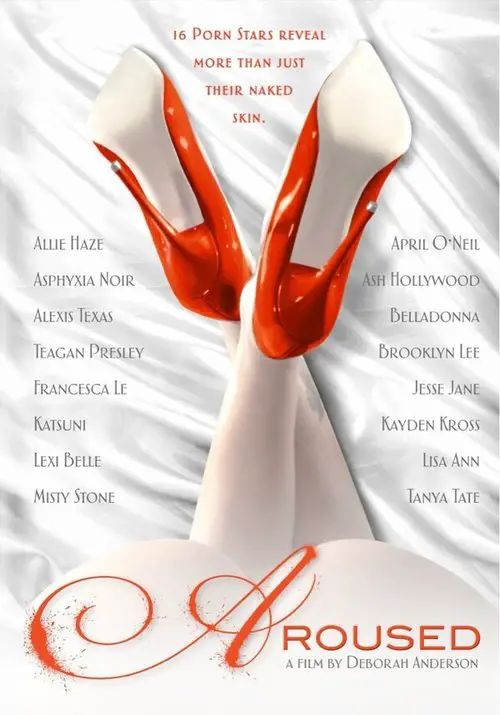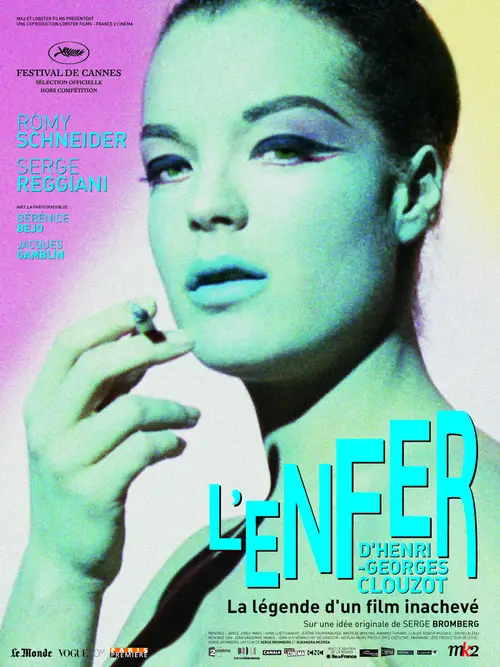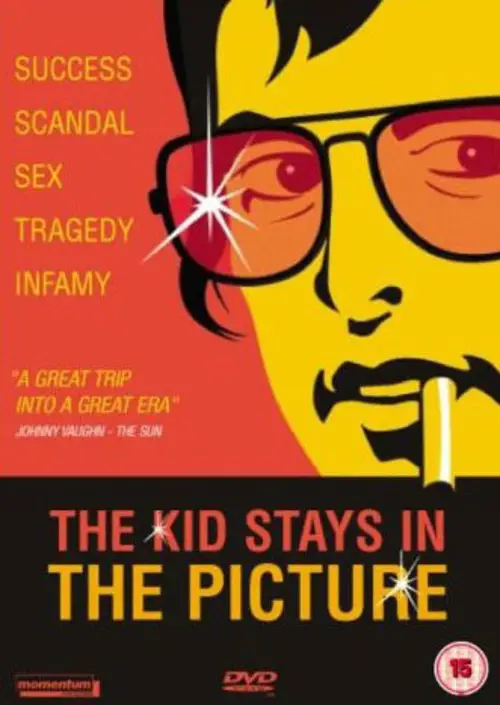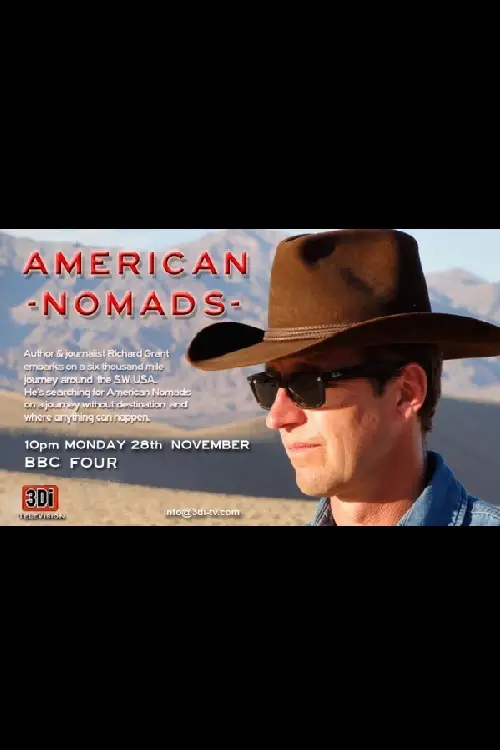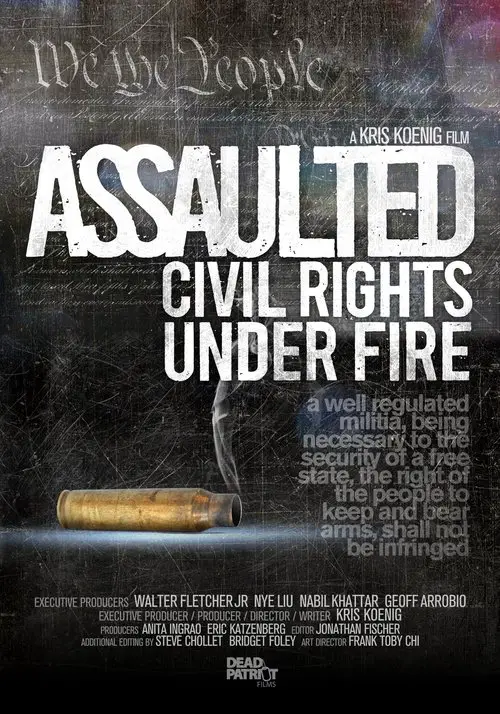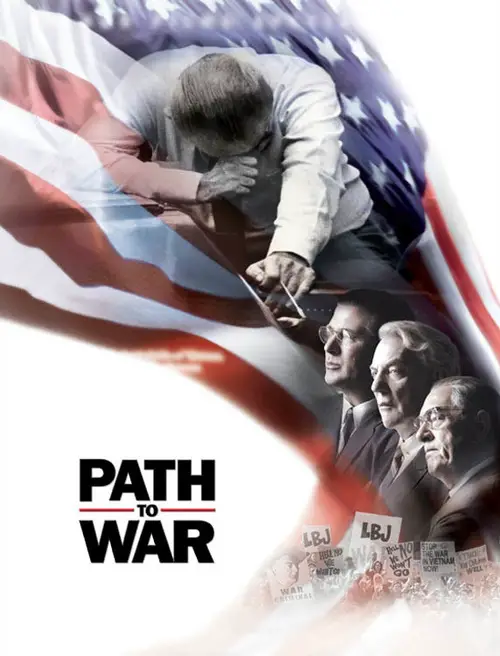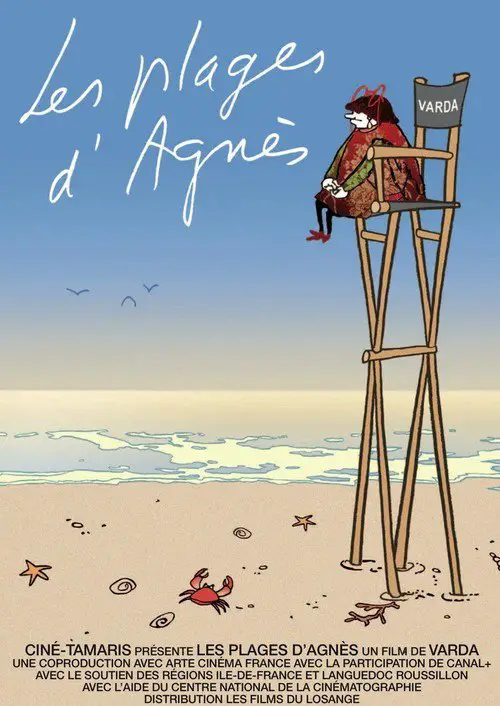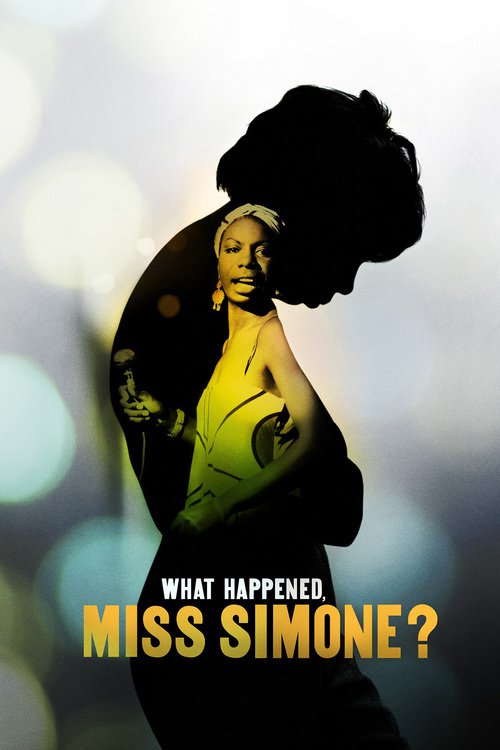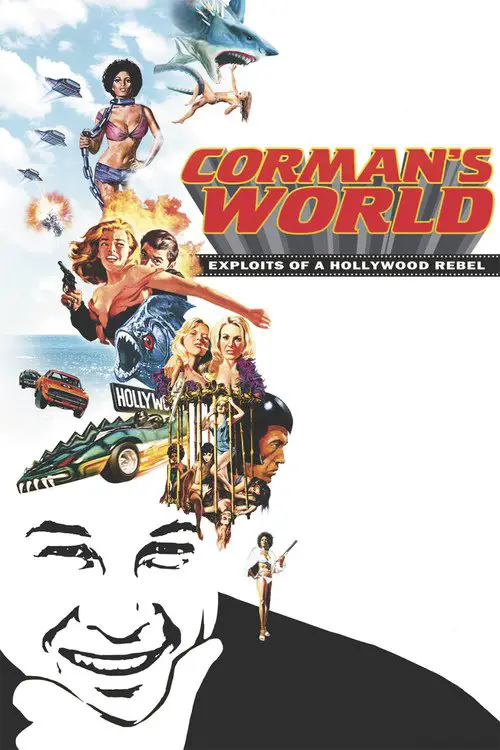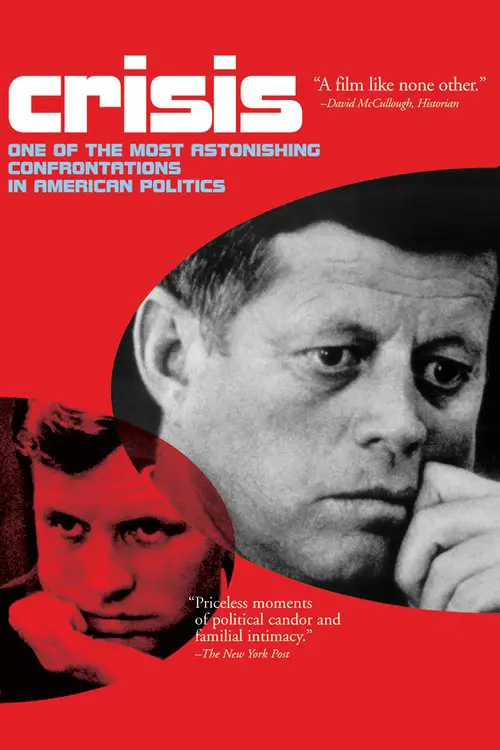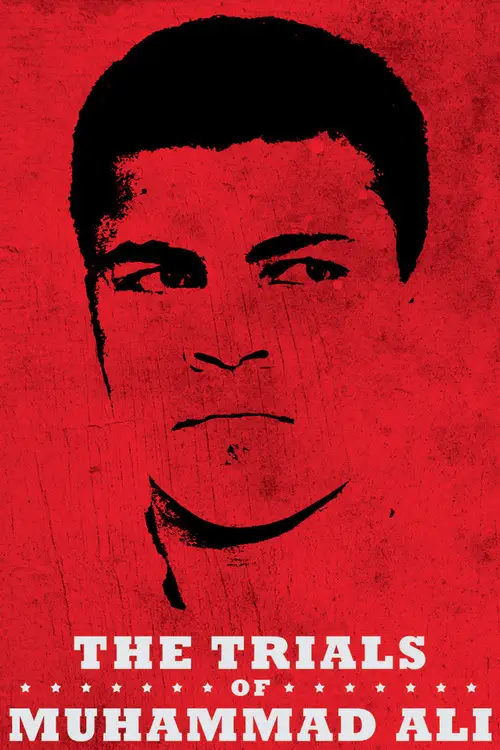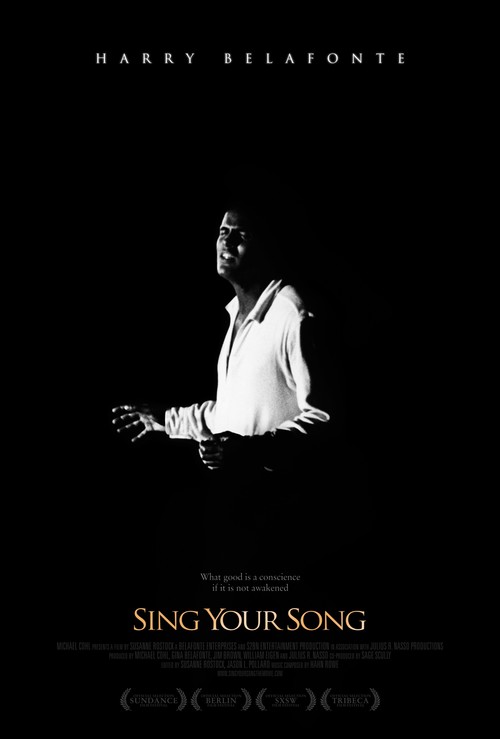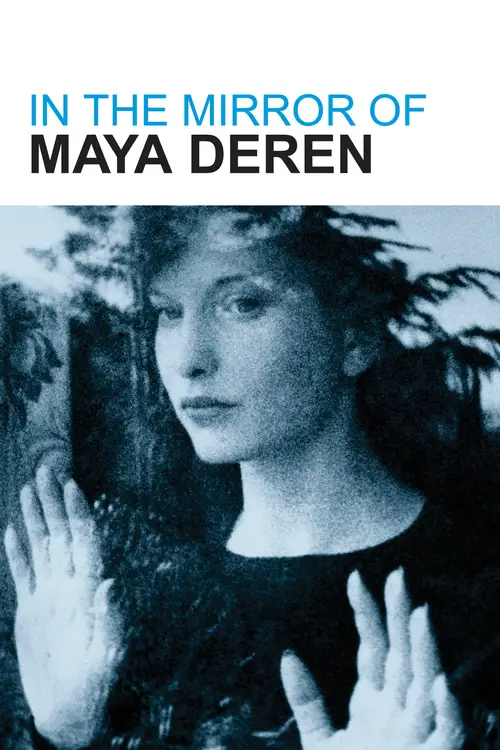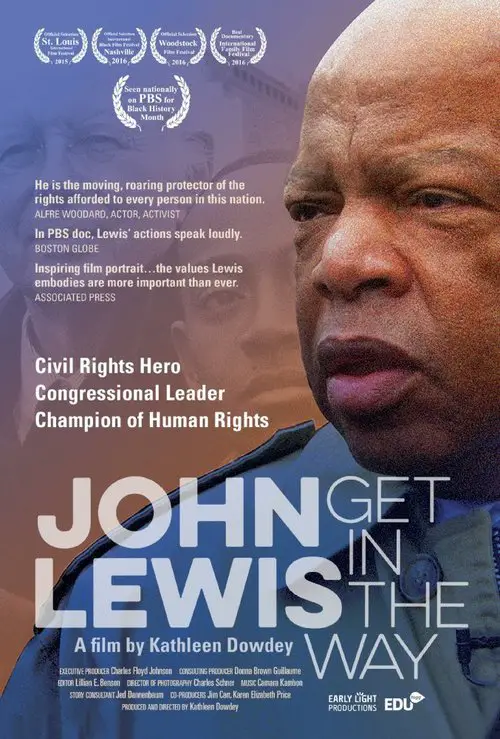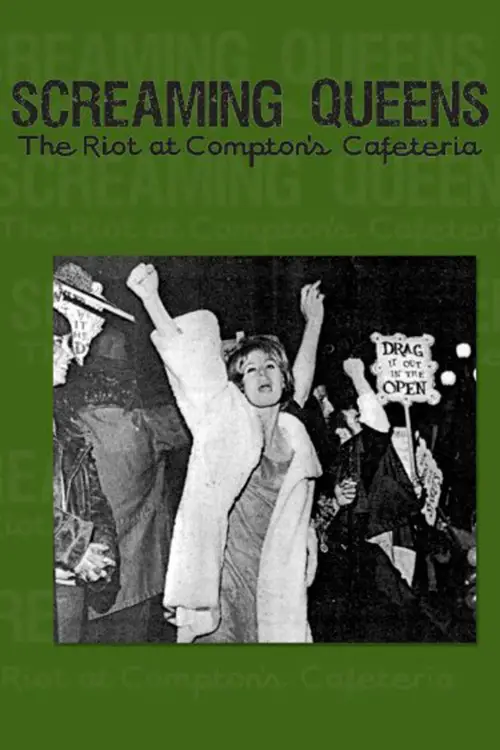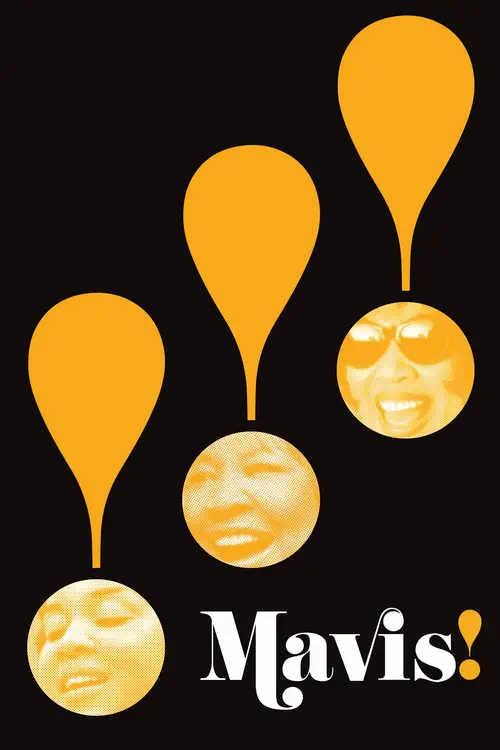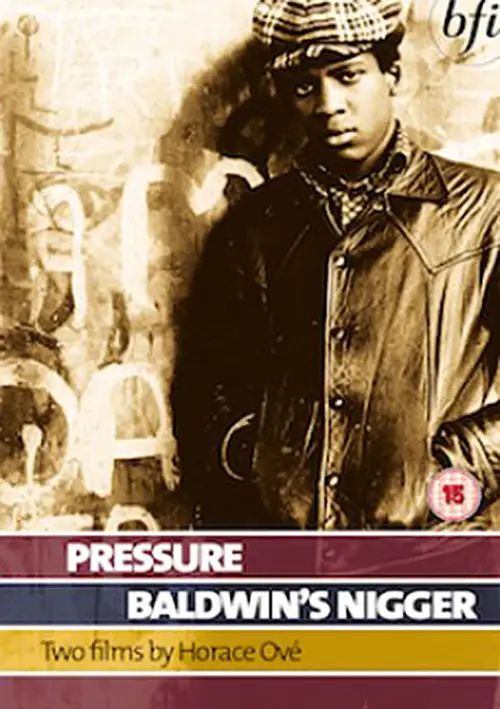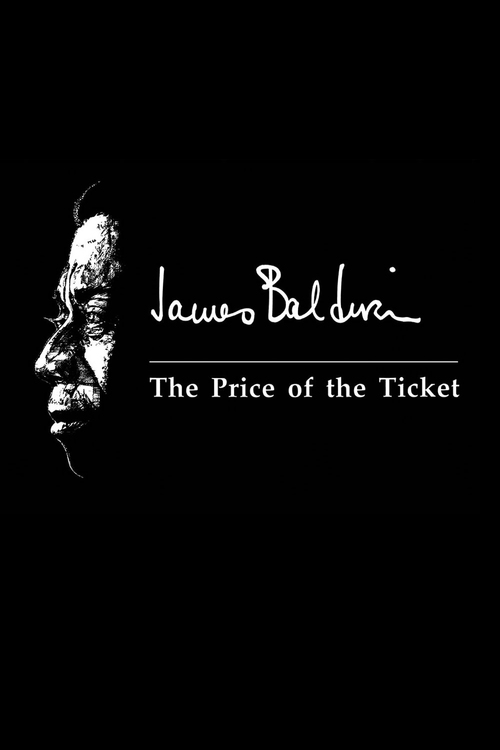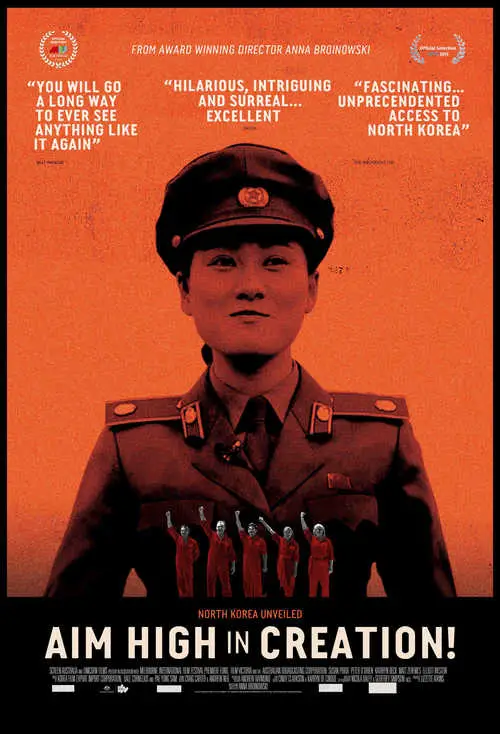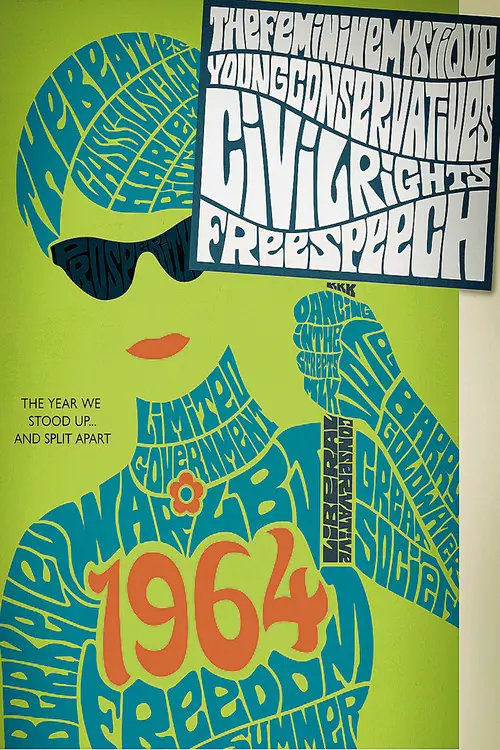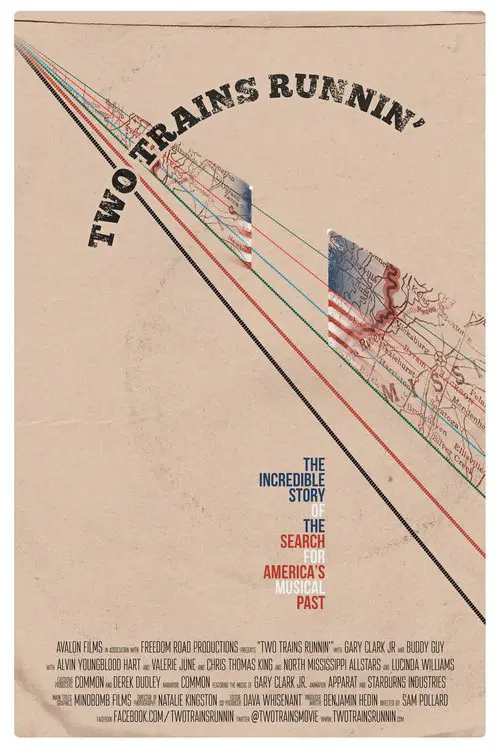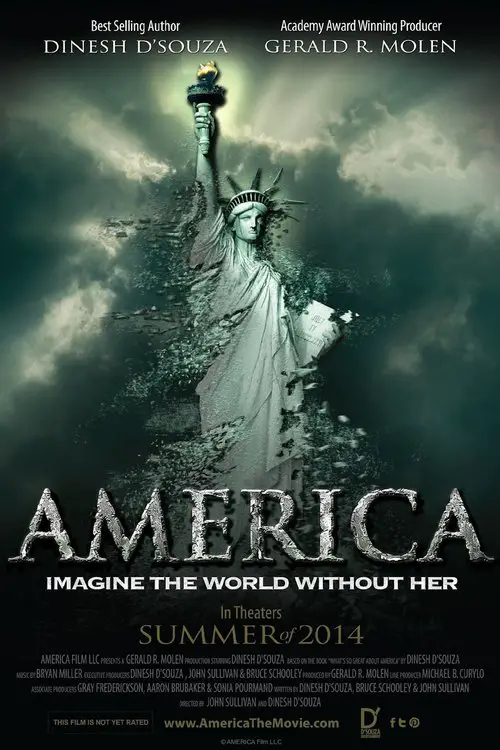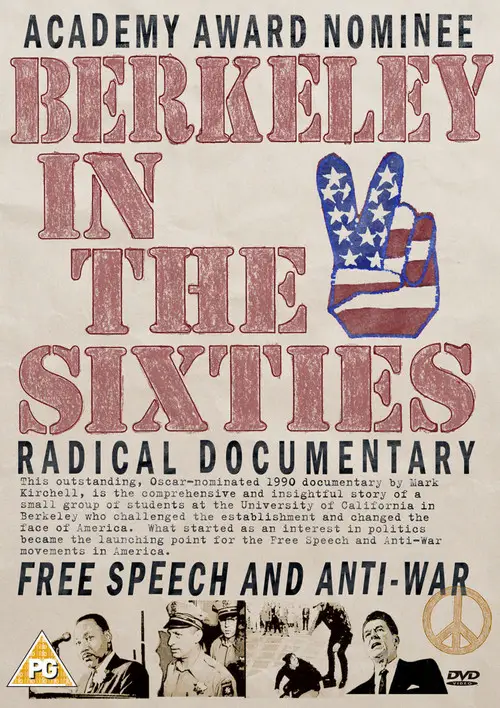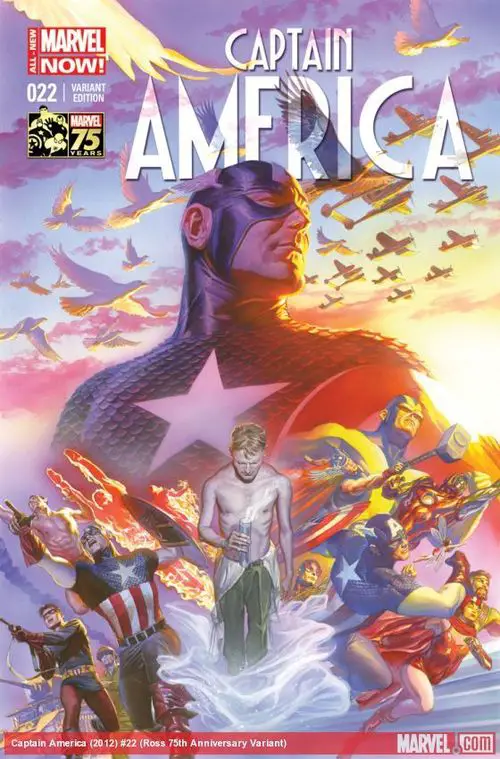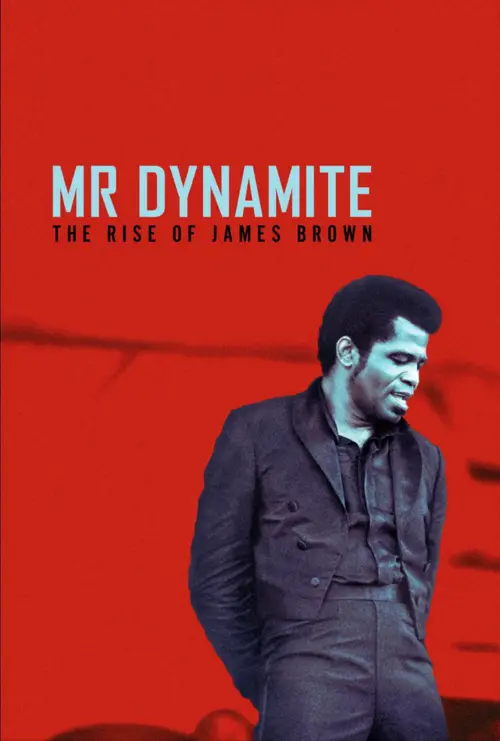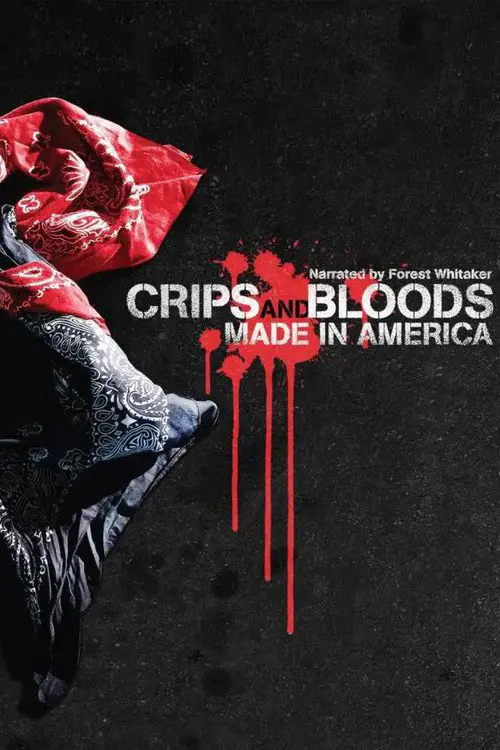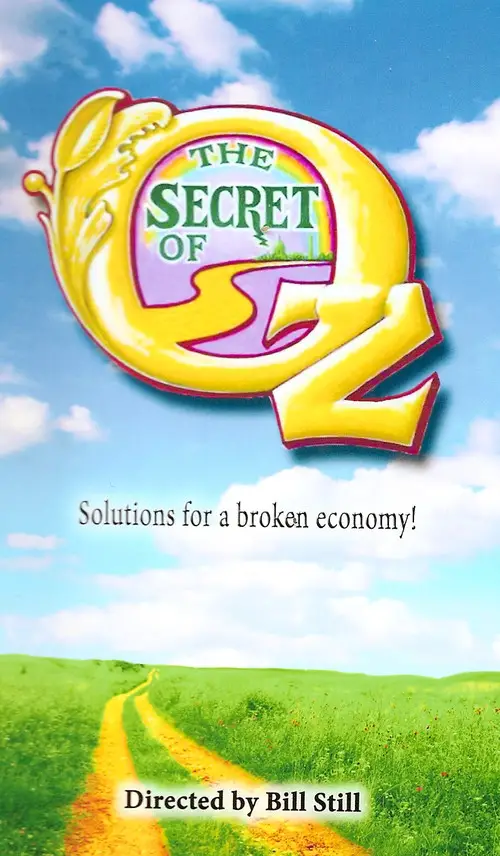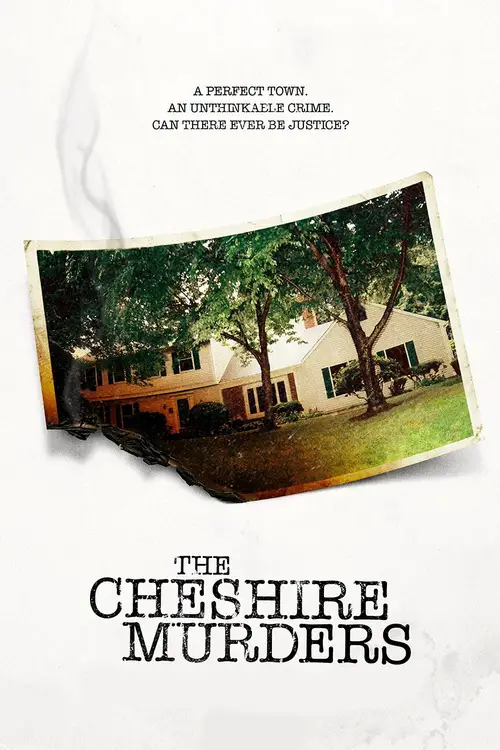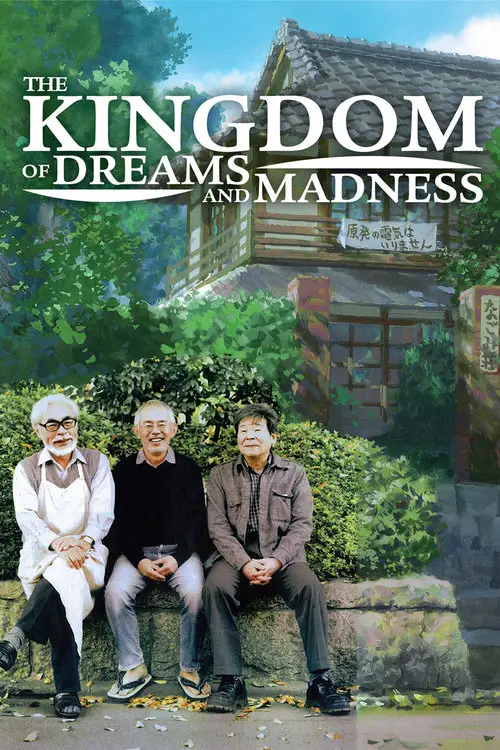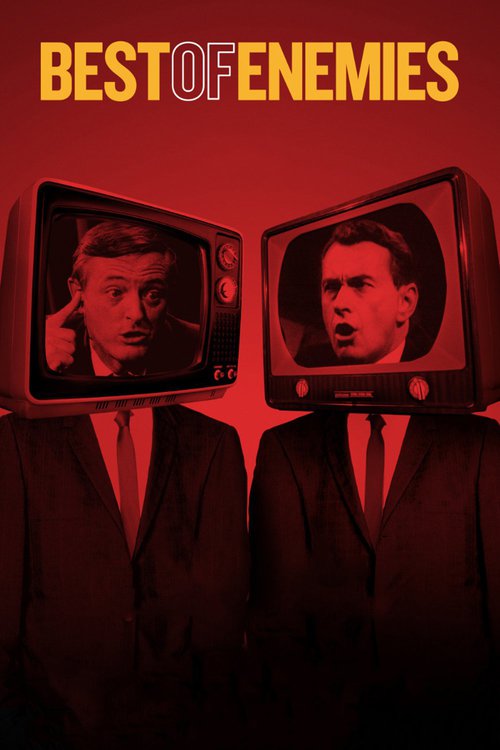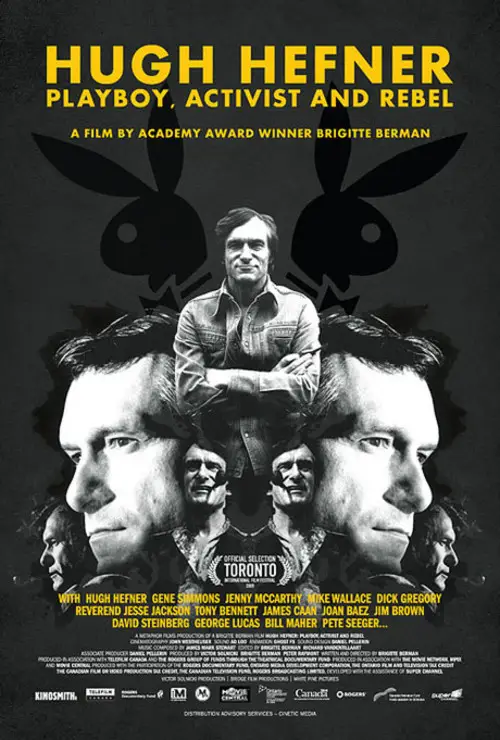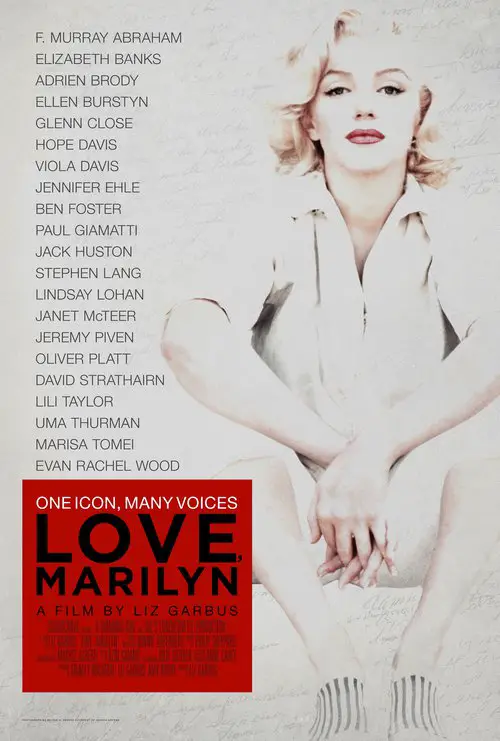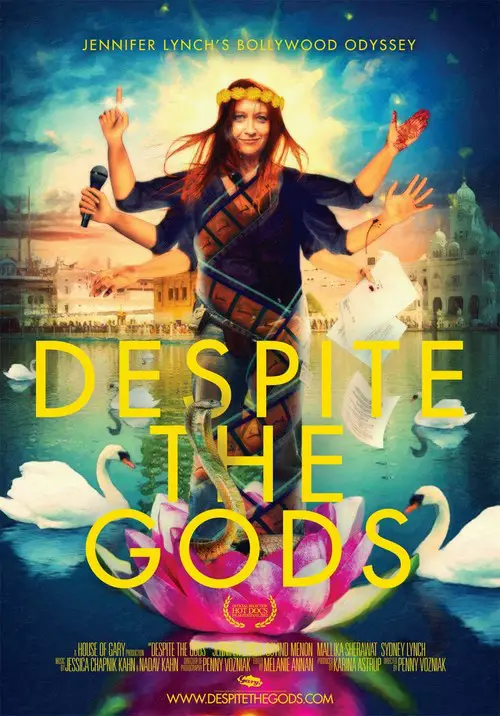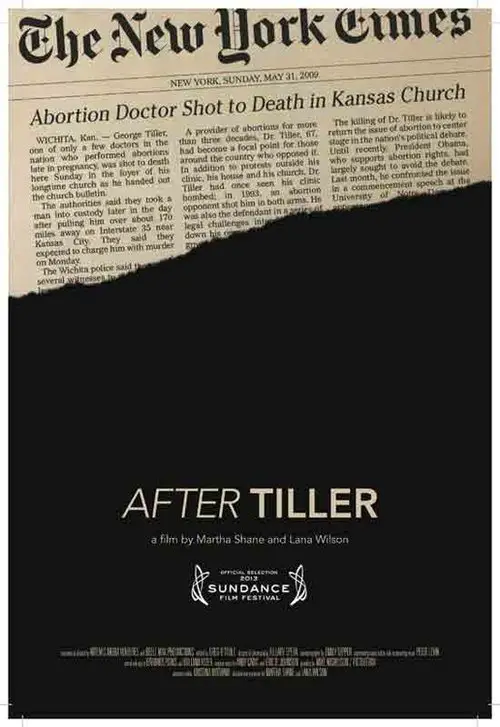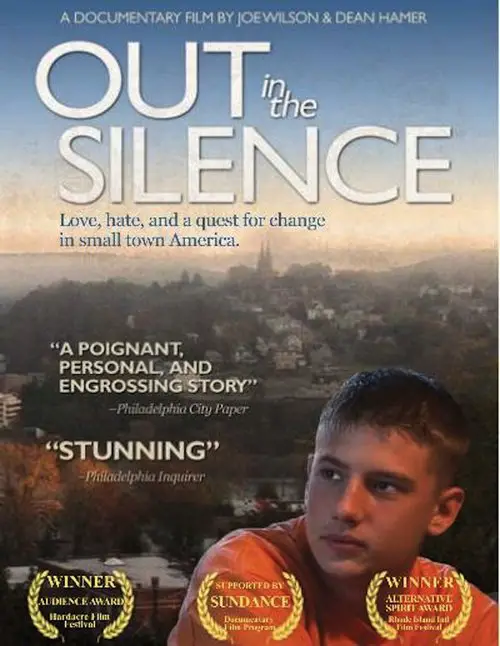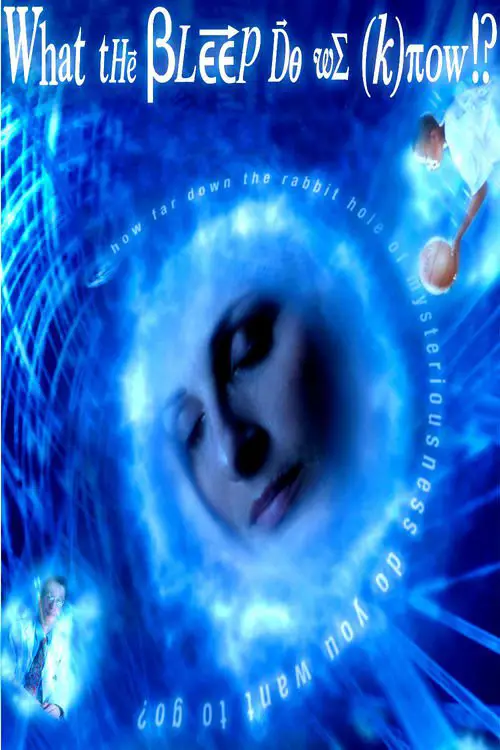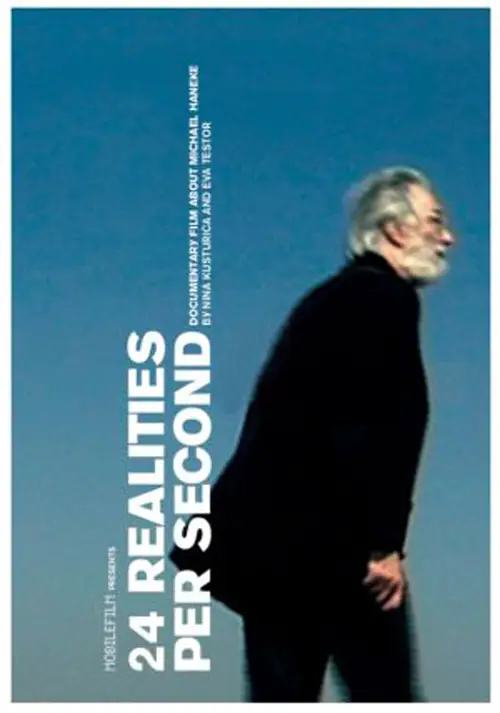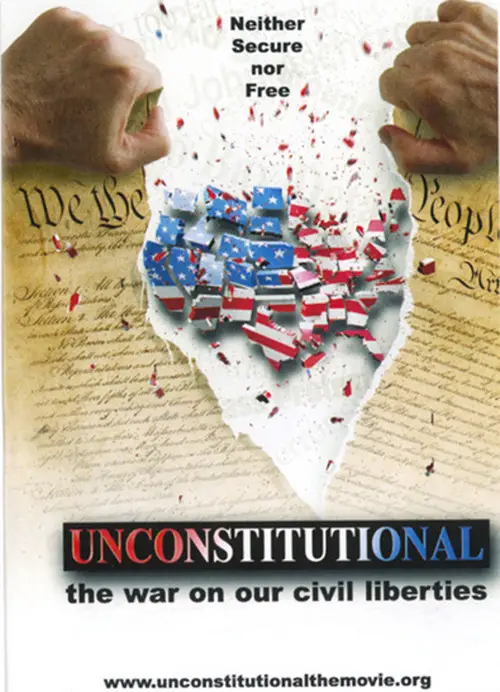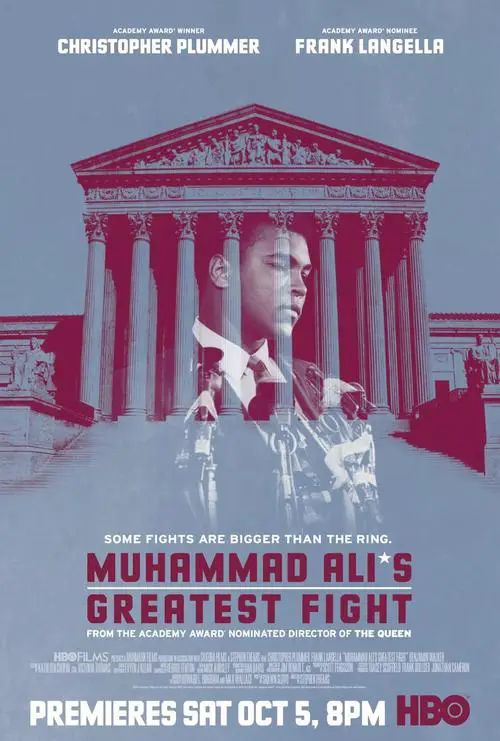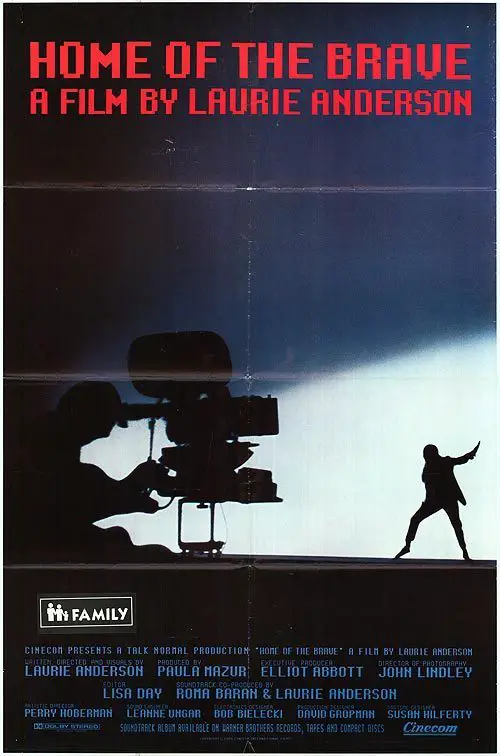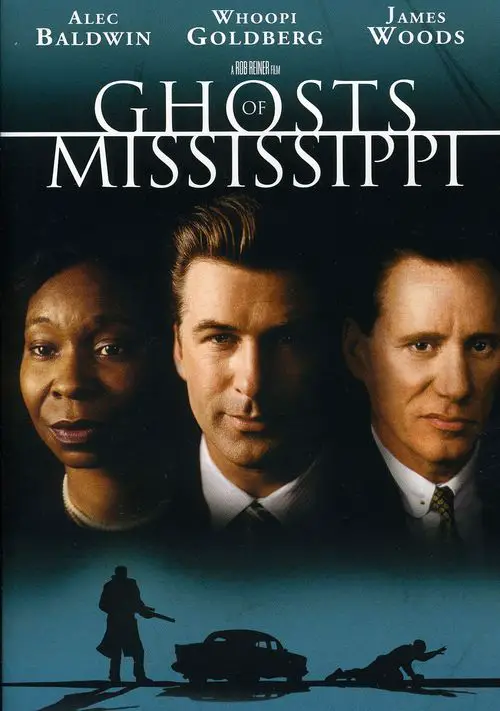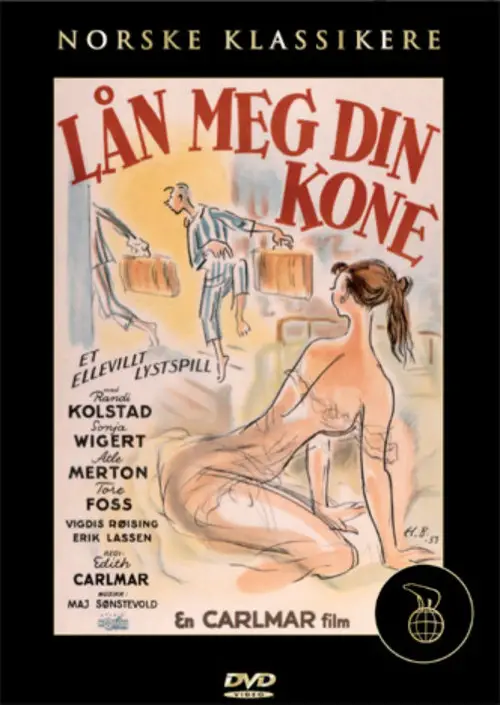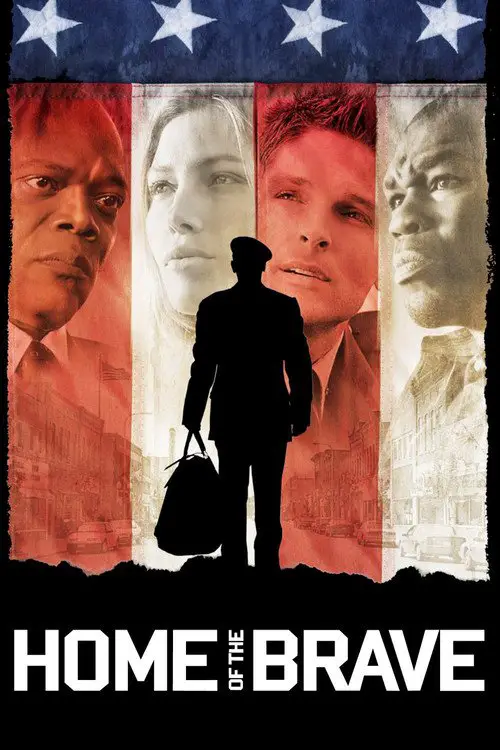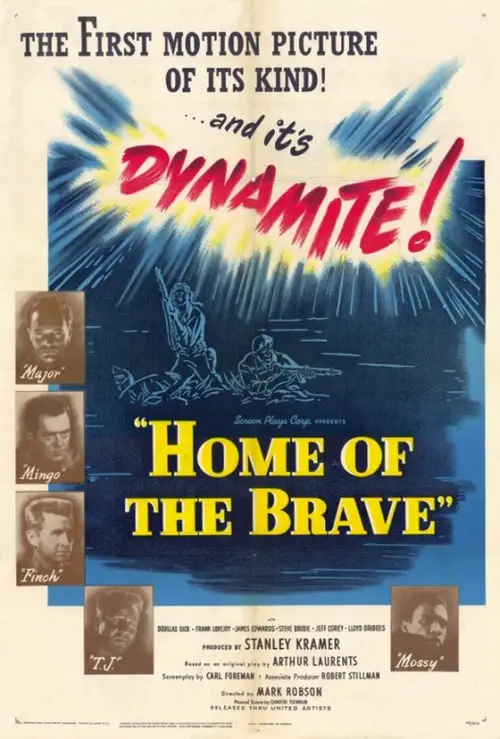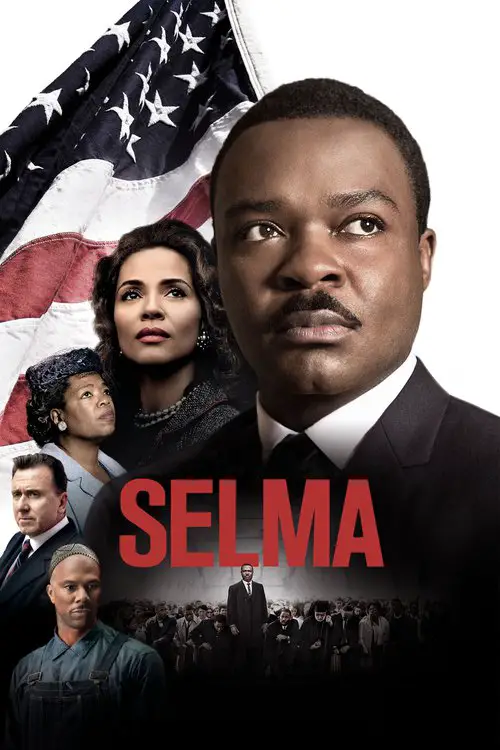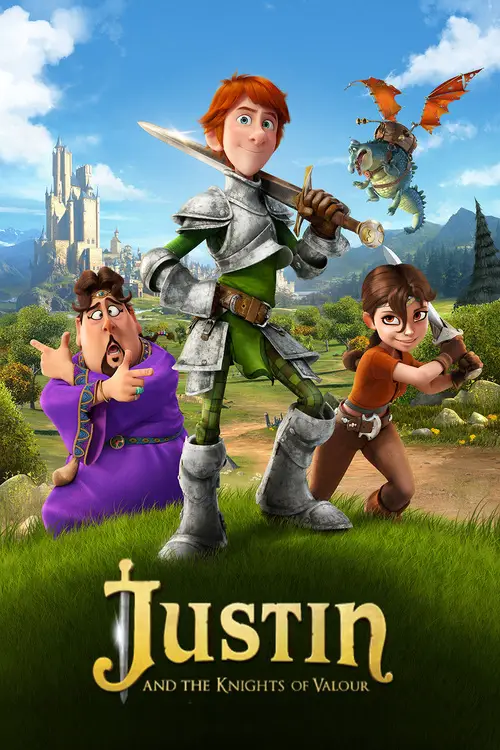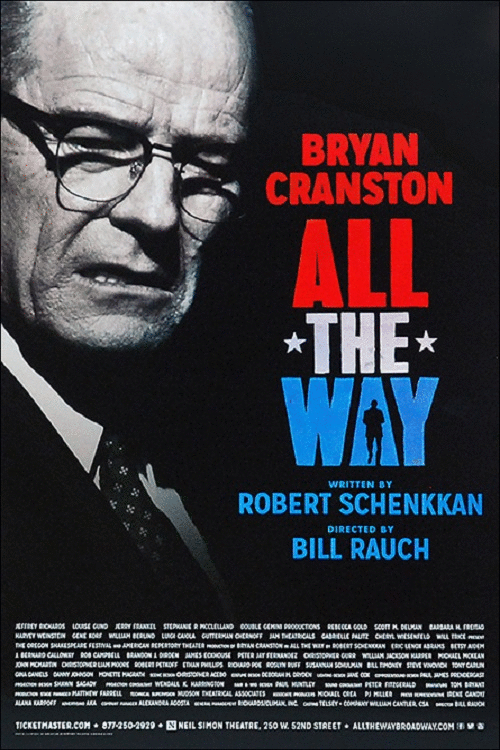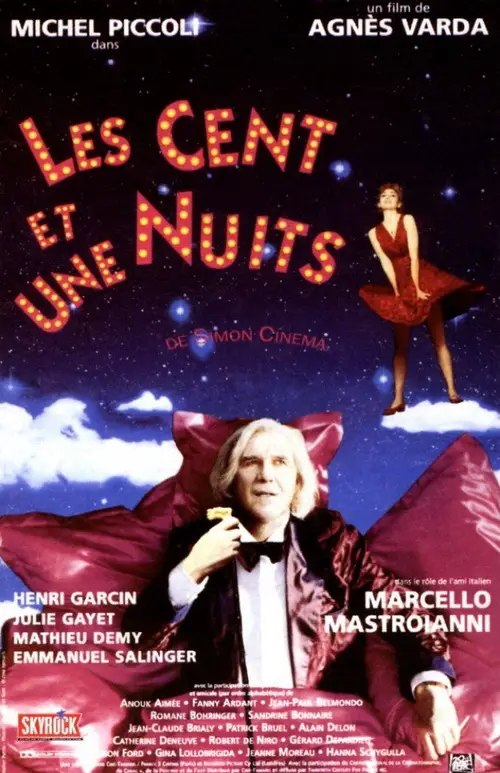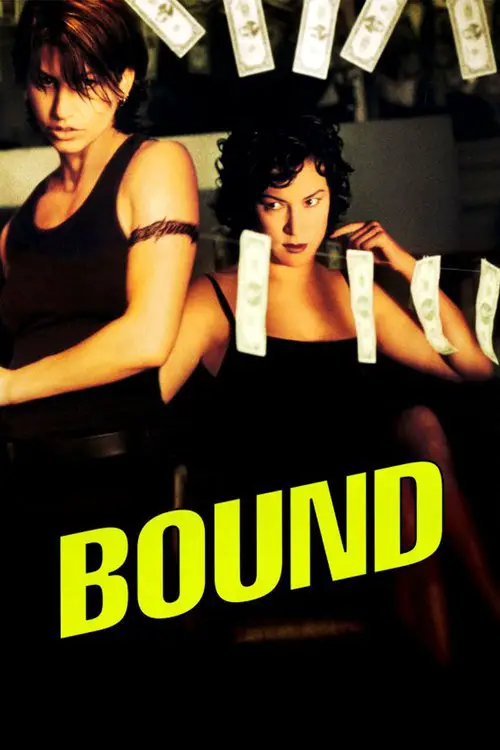Home of the Brave (2004)
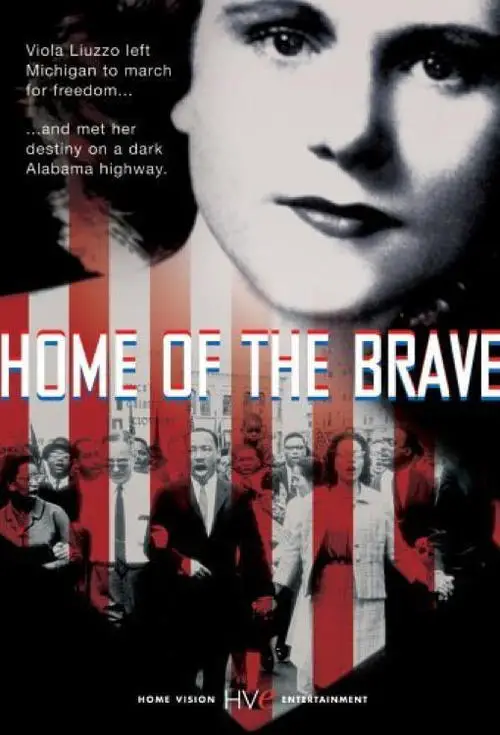
Similar movies
Get up close and personal with 16 of the most successful women in the adult film industry as they shed their clothes for an intimate photo shoot with director Deborah Anderson. As questions are asked, personal stories about their lives are revealed, from why they chose the business of sex to how they got into it in the first place. These porn stars have always been discreet about their private lives in the past, yet Anderson has a way of opening up a dialog allowing them to share more than just their naked skin on screen. Their true inner vulnerability is touching, yet the characters they have created are confident and intoxicating. Once you hear their stories, you'll never look at them in the same way again.
This documentary about Henri-Georges Clouzotâs unfinished 1964 psycho-thriller LâEnfer is as tantalizing as it is frustrating. Despite remaining one of the most masterful of French directors, Cluozot inexplicably seems to have lost control on the big-budget production of LâEnfer. The long-lost raw footage is intriguing and dazzling, infused with swirling lights and blue-lipped, cigarette-puffing fantasy temptresses. Although directors Serge Bromberg and Ruxandra Mederea have managed to speak to numerous members of the original crew, this behind-the-scenes investigation has so little to say about the reasons behind Clouzotâs failure to complete the film. In spite of this, the undiminished power of Clouzotâs extraordinary images makes the documentary a fascinating watch.
Why do 11,000 people die in America each year at the hands of gun violence? Talking heads yelling from every TV camera blame everything from Satan to video games. But are we that much different from many other countries? What sets us apart? How have we become both the master and victim of such enormous amounts of violence? This is not a film about gun control. It is a film about the fearful heart and soul of the United States, and the 280 million Americans lucky enough to have the right to a constitutionally protected Uzi. From a look at the Columbine High School security camera tapes to the home of Oscar-winning NRA President Charlton Heston, from a young man who makes homemade napalm with The Anarchist's Cookbook to the murder of a six-year-old girl by another six-year-old, Bowling for Columbine is a journey through America, through our past, hoping to discover why our pursuit of happiness is so riddled with violence.
With the original intention of empowering a citizenry's ability to defend themselves against a corrupt or tyrannical government, the concept today may seem farfetched or the makings of a Hollywood blockbuster. However, it has happened throughout U.S. history. And long before gun control was positioned as a "common sense measure" to combat violence, it was used as a means to oppress certain minority groups. Presently, the growing trend in gun control favors the wealthy and privileged, who leverage their connections to ensure their Second Amendment rights and safety, while those of lesser means struggle. Informative and emotionally charged, "Assaulted: Civil Rights Under Fire" is an eye-opening look at the genesis of the Second Amendment to the Constitution, leading the audience to rethink the issues surrounding gun control, and the effect on civil rights and liberty. After all, what you don't know can kill you.
Filmmaking icon Agnès Varda, the award-winning director regarded by many as the grandmother of the French new wave, turns the camera on herself with this unique autobiographical documentary. Composed of film excerpts and elaborate dramatic re-creations, Varda's self-portrait recounts the highs and lows of her professional career, the many friendships that affected her life and her longtime marriage to cinematic giant Jacques Demy.
During a two-day period before and after the University of Alabama integration crisis, the film uses five camera crews to follow President John F. Kennedy, attorney general Robert F. Kennedy, Alabama governor George Wallace, deputy attorney general Nicholas Katzenbach and the students Vivian Malone and James Hood. As Wallace has promised to personally block the two black students from enrolling in the university, the JFK administration discusses the best way to react to it, without rousing the crowd or making Wallace a martyr for the segregationist cause.
Brash boxer Cassius Clay burst into the American consciousness in the early 1960s, just ahead of the Civil Rights movement. His transformation into the spiritually enlightened heavyweight champion Muhammad Ali is legendary, but this religious awakening also led to a bitter legal battle with the U.S. government after he refused to serve in the Vietnam War. This film reveals the perfect storm of race, religion and politics that shaped one of the most recognizable figures in sports history.
In 1965, the historic Selma March known as Bloody Sunday was a turning point in the Civil Rights Movement. John Lewis-now a revered U.S. Congressman, then a young student-co-led hundreds of peaceful marchers seeking voting rights for African Americans in the South. When they came face to face with a wall of club-wielding Alabama state troopers, Lewis took a steadfast, non-violent stand and inspired his followers to do the same. Graphic depictions of the ensuing assault were televised on the nightly news and shocked Americans to the core as they witnessed blatant racial oppression. Get in the Way is the first documentary film biography about Lewis, the civil rights icon, respected legislator and elder statesman who continues to practice nonviolence in his determined fight for justice. The film is a riveting portrayal of John Lewis' personal journey of courage, searing disappointments and hard-won triumphs, as over the decades he inspires others to stand up and Get in the Way.
The black power salute by Tommie Smith and John Carlos at the 1968 Mexico Olympics was an iconic moment in the US civil rights struggle. Far less known is the part in that episode in history played by Peter Norman, the white Australian on the podium who had run second â and the price paid afterward by all three athletes.
The first major uprising against police brutality, harassment, and societal oppression was not at Stonewall in 1969, but at Compton's Cafeteria in San Francisco three years earlier. Those who stood up were trans women and gay men. Now, nearly 40 years on, Susan Stryker and Victor Silverman tell the story of this oft-overlooked event in the history of American civil rights.
James Baldwin was at once a major twentieth century American author, a Civil Rights activist and, for two crucial decades, a prophetic voice calling Americans, Black and white, to confront their shared racial tragedy. JAMES BALDWIN: THE PRICE OF THE TICKET captures on film the passionate intellect and courageous writing of a man who was born black, impoverished, gay and gifted. Towards the end of his life, as America turned its back on the challenge of racial justice, Baldwin became frustrated but rarely bitter. He kept writing and reaching in the strengthened belief that : "All men are brothers. That's the bottom line."
A revolutionary film about the cinematic genius of North Korea's late Dear Leader Kim Jung-IL, with a groundbreaking experiment at its heart - a propaganda film, made according to the rules of his 1987 manifesto. Through the shared love of cinema, AIM HIGH IN CREATION! forges an astonishing new bond between the hidden filmmakers of North Korea and their Free World collaborators. Revealing an unexpected truth about the most isolated nation on earth: filmmakers, no matter where they live, are family.
From PBS - 1964 was the year the Beatles came to America, Cassius Clay became Muhammad Ali, and three civil rights workers were murdered in Mississippi. It was the year when Berkeley students rose up in protest, African Americans fought back against injustice in Harlem, and Barry Goldwater's conservative revolution took over the Republican Party. Based in part on The Last Innocent Year: America in 1964 by Jon Margolis, 1964 follows some of the most influential figures of the time -- Lyndon B. Johnson, Barry Goldwater, Betty Friedan -- but also brings out from the shadows the stories of ordinary Americans whose principled stands would set the country onto a new and different course
Political commentator, author and filmmaker Dinesh D'Souza puts forth the notion that America's history is being replaced by another version in which plunder and exploitation are the defining characteristics. D'Souza also posits that the way the country understands the past will determine the future. Using historic re-enactments, D'Souza explores the lives and sacrifices of some of America's greatest heroes, including George Washington and Frederick Douglass.
A full-length documentary that follows the history of Captain America from 1941 to present and explores how âCapâ has been a reflection of the changing times and the world he has existed in throughout the years. fans will hear from various Marvel luminaries including Stan Lee, Joe Quesada, Clark Gregg, Ming-Na Wen, Chloe Bennet, Jeph Loeb, Louis DâEsposito, Chris Evans and Hayley Attwell, as well as family members of Capâs creators. âMarvelâs Captain America: 75 Heroic Yearsâ will also unveil an exclusive announcement from Marvel comics.
James Brown changed the face of American music forever. Abandoned by his parents at an early age, James Brown was a self-made man who became one of the most influential artists of the 20th century, not just through his music, but also as a social activist. Charting his journey from rhythm and blues to funk, MR. DYNAMITE: THE RISE OF JAMES BROWN features rare and previously unseen footage, photographs and interviews, chronicling the musical ascension of âthe hardest working man in show business,â from his first hit, âPlease, Please, Please,â in 1956, to his iconic performances at the Apollo Theater, the T.A.M.I. Show, the Paris Olympia and more.
The struggle to eradicate apartheid in South Africa has been chronicled over time, but no one has addressed the vital role music plays in this challenge. This documentary by Lee Hirsch recounts a fascinating and little-known part of South Africa's political history through archival footage, interviews and, of course, several mesmerizing musical performances.
It is well known in economics academia that The Wonderful Wizard of Oz written by L. Frank Baum in 1900 is loaded with powerful symbols of monetary reform which were the core of the Populist movement and the 1896 and 1900 president bid of Democrat William Jennings Bryan. The yellow brick road (gold standard), the emerald city of Oz (greenback money), even Dorothyâs silver slippers (changed to ruby slippers for the movie version) were the symbol of Baumâs and Bryanâs belief that adding silver coinage to gold would provide much needed money to a depression-strapped, 1890s America. We believe Baumâs symbols represent the only solution to relieve the growing economic hardship here in America â and the rest of the world. Practically speaking, 2009 marks the 70th anniversary of the 1939 MGM release of the The Wizard of Oz movie, so interest will be very high. Even Oz websites put up by kids get millions of hits.
In the early-morning hours of July 23, 2007, in Cheshire, Conn., ex-convicts Steven Hayes and Joshua Komisarjevsky broke into the family home of Dr. William Petit, his wife, Jennifer Hawke-Petit, and their daughters, Michaela, 11, and Hayley, 17. Dr. Petit was beaten and tied to a pole in the basement. The three women were bound in their bedrooms while the men ransacked the house. The brutal ordeal continued throughout the morning, ending with rape, arson and a horrific triple homicide.
A documentary about the legendary series of nationally televised debates in 1968 between two great public intellectuals, the liberal Gore Vidal and the conservative William F. Buckley Jr. Intended as commentary on the issues of their day, these vitriolic and explosive encounters came to define the modern era of public discourse in the media, marking the big bang moment of our contemporary media landscape when spectacle trumped content and argument replaced substance. Best of Enemies delves into the entangled biographies of these two great thinkers and luxuriates in the language and the theater of their debates, begging the question, 'What has television done to the way we discuss politics in our democracy today?'
A revealing look at the outspoken, flamboyant founder of the Playboy empire. With humor and insight, the film captures Hefner's fierce battles with the government, the religious right and militant feminists. Rare footage and compelling interviews with a remarkable who's who of 20th Century American pop culture, present a brilliant and entertaining snapshot of the life of an extraordinary man and the controversies that surrounded him.
Since the assassination of Dr. George Tiller in Kansas in 2009, only four doctors in the United States continue to perform third-trimester abortions. These physicians, all colleagues of Dr. Tiller, sacrifice their safety and personal lives in the name of their fierce, unwavering conviction to help women.
Amanda (Marlee Maitlin) is a divorced woman who makes a living as a photographer. During the Fall of the year Amanda begins to see the world in new and different ways when she begins to question her role in life, her relationships with her career and men and what it all means. As the layers to her everyday experiences fall away insertions in the story with scientists, and philosophers and religious leaders impart information directly to an off-screen interviewer about academic issues, and Amanda begins to understand the basis to the quantum world beneath. During her epiphany as she considers the Great Questions raised by the host of inserted thinkers, Amanda slowly comprehends the various inspirations and begins to see the world in a new way.
Sex Positive explores the life of Richard Berkowitz, a revolutionary gay S&M hustler turned AIDS activist in the 1980s, whose incomparable contribution to the invention of safe sex has never been aptly credited. Mr. Berkowitz emerged from the epicenter of the epidemic demanding a solution to the problem before the outside world would take heed. Now destitute and alone, Mr. Berkowitz tells his story to a world who never wanted to listen.
Directors Nina Kusturica and Eva Testor followed Michael Haneke for a period of two and a half years. They accompanied him to film premieres and public appearances, radio interviews and photo shoots; they observed him as he scouted locations, directed actors on the set, and made final cuts in the editing room. In between, on long train and car rides, Haneke spoke candidly about his childhood, his transition to filmmaking, and his views on cinema, discussing films that inspired him and his own work (he counts The Seventh Continent and 71 Fragments of a Chronology of Chance among his favorites). What emerges in this insightful documentary is a portrait of a dedicated filmmaker, a charming yet elusive figure in thrall to cinema and the constant perfection of his craft.
Muhammad Aliâs historic Supreme Court battle from behind closed doors. When Ali was drafted into the Vietnam War at the height of his boxing career, his claim to conscientious objector status led to a controversial legal battle that rattled the U.S. judicial system right up to the highest court in the land.
Home of the Brave is a 1986 American concert film directed by and featuring the music of Laurie Anderson. The film's full on-screen title is Home of the Brave: A Film by Laurie Anderson. The performances were filmed at the Park Theater in Union City, NJ, during the summer of 1985.
The film included appearances by guitarist Adrian Belew, author William S. Burroughs (who famously briefly dances a slow tango with Anderson during one song), keyboardist Joy Askew, and percussionist David Van Tieghem. Also, Barry Sonnenfeld, who was early in his movie-making career, receives an early film credit for operating second projection camera on this film.
Ghosts of Mississippi is a drama covering the final trial of the assassin, Bryon De La Beckwith (Woods), of the 60s civil rights leader Medgar Evers. It begins with the murder and the events surrounding the two initial trials which both ended in a hung jury. The movie then covers District Attorney, Bobby DeLaughters (Baldwin) transformation and alliance with Myrlie Evers (Goldberg), wife of Medgar Evers, of the, as he becomes more involved with bringing Beckwith to trial for the third time 30 years later. Some of the characters are played by the actual participants in this story.
"Let Me Borrow Your Wife". This is a light comedy from Edith Carlmar, Norways first woman director. It takes place in a company that sells baby toys. It is time to fill a leading position, and it is known the owner of the company only places married men on leading positions. This leads a young bachelor to "borrow" his best friends wife to have a chance at the position. This leads to a lot of comic misunderstandings, not the least because the owner of the company himself falls for the new young wife.
The day after they get the word they'll go home in two weeks, a group of soldiers from Spokane are ambushed in an Iraqi city. Back stateside we follow four of them - a surgeon who saw too much, a teacher who's a single mom and who lost a hand in the ambush, an infantry man whose best friend died that day, and a soldier who keeps reliving the moment he killed a civilian woman.
A sensitive, educated black man's World War II-time problems. This is essentially the duplicate of his peace-time problems which are pointed up in a flashback of his life, and primarily of his war-time adventures with four white soldiers on a dangerous reconnaissance mission on a Japanese-held island.
Gospel Hill tells the intersecting story of two men in the fictional South Carolina town of Julia. Danny Glover plays John Malcolm, the son of a slain civil rights activist. Jack Herrod (Tom Bower) is the former sheriff who never got to the bottom of the murder. Their paths begin to cross when a development corporation comes to town with plans to raze Julia's historic Gospel Hill.
Monsieur Cinema, a hundred years old, lives alone in a large villa. His memories fade away, so he engages a young woman to tell him stories about all the movies ever made. Also a line of movie stars comes to visit him giving him back the pleasure of life - but amongst them there are also some young students only striving after his money for the realization of their film projects. The two stories - Monsieur Cinema's and the young people's life - are told in parallel until they come together in the end when the old man plays a role in the film made by the students.
Circus monkey Ham III works in a circus where he's regularly shot from a canon but he still lives in the shadow of his father's legacy. A natural born rebel against authority, Ham III is initially reluctant to go on a dangerous space mission to rescue a lost space probe, but away he goes, for lots of RIGHT STUFF-style astro-training alongside two highly prepared chimps, Luna and Titan.
© Valossa 2015–2026
| Privacy Policy
